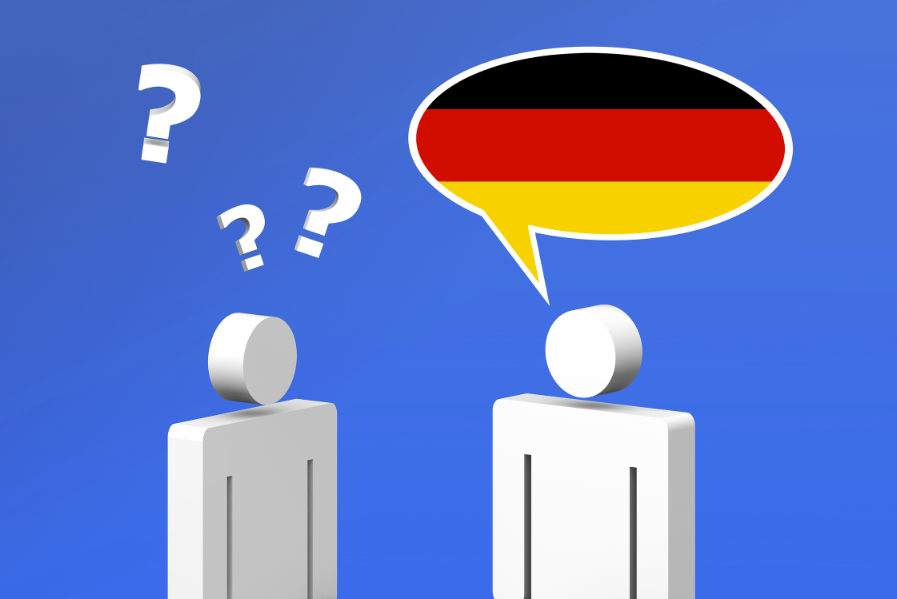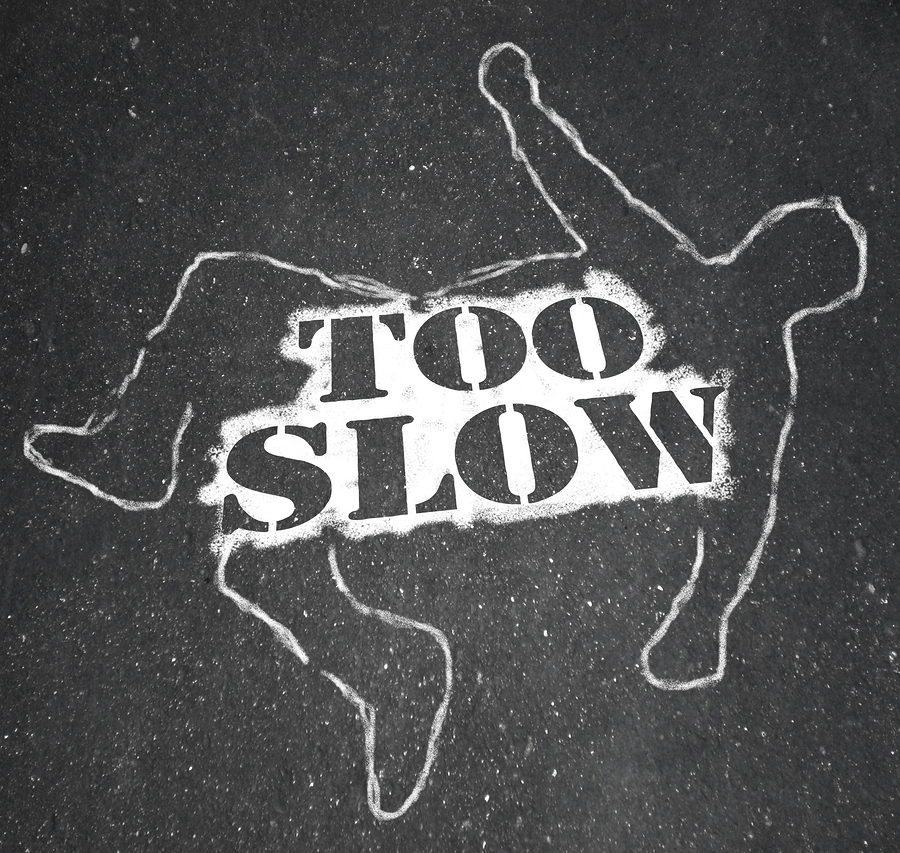
0
0
1
30
172
Shutterstock
1
1
201
14.0
Normal
0
false
false
false
EN-US
JA
X-NONE
/* Style Definitions */
table.MsoNormalTable
{mso-style-name:”Table Normal”;
mso-tstyle-rowband-size:0;
mso-tstyle-colband-size:0;
mso-style-noshow:yes;
mso-style-priority:99;
mso-style-parent:””;
mso-padding-alt:0in 5.4pt 0in 5.4pt;
mso-para-margin:0in;
mso-para-margin-bottom:.0001pt;
mso-pagination:widow-orphan;
font-size:12.0pt;
font-family:Cambria;
mso-ascii-font-family:Cambria;
mso-ascii-theme-font:minor-latin;
mso-hansi-font-family:Cambria;
mso-hansi-theme-font:minor-latin;}
Oh, the English language. So beautiful, yet so complicated. In English, we have alarms that “go off,” words that are their own opposites (“dust off the dust?”), and plenty of commonly misused words in which one little vowel completely changes a word’s meaning (“stationary” vs “stationery”).
0
0
1
58
331
Shutterstock
2
1
388
14.0
Normal
0
false
false
false
EN-US
JA
X-NONE
/* Style Definitions */
table.MsoNormalTable
{mso-style-name:”Table Normal”;
mso-tstyle-rowband-size:0;
mso-tstyle-colband-size:0;
mso-style-noshow:yes;
mso-style-priority:99;
mso-style-parent:””;
mso-padding-alt:0in 5.4pt 0in 5.4pt;
mso-para-margin:0in;
mso-para-margin-bottom:.0001pt;
mso-pagination:widow-orphan;
font-size:12.0pt;
font-family:Cambria;
mso-ascii-font-family:Cambria;
mso-ascii-theme-font:minor-latin;
mso-hansi-font-family:Cambria;
mso-hansi-theme-font:minor-latin;}
The German language has its own set of challenges, but, in some cases, it really maximizes its word count. Sure, it’s not the only language to have single word translations for saying things that take English speakers entire sentences to describe, but it does tend to offer the most hilarious examples. Here’s a list of 17 German words – created with our own royalty-free images – that don’t easily translate into English. Habt Spaß!
1. Kummerspeck – Refers to the excess weight gained from emotional overeating.

2. Drachenfutter – Refers to any gift given to appease someone, particularly a spouse who is angry at the giver.

3. Fremdschämen – Refers to the embarrassment felt for someone who doesn’t feel embarrassed for themselves.

4. Backpfeifengesicht – Refers to a person with “a face that begs to be slapped or punched” (though we don’t encourage or condone violence in any way).

5. Erklärungsnot – Refers to the act of coming up with a bad fake explanation off the cuff (when someone is caught in a really bad lie).

6. Sitzfleisch – Refers to a person’s ‘seat meat’, meaning that someone with more ‘meat in their seat’ is likely to sit for a longer period of time at an otherwise boring event.

7. Fensterln – Refers to the act of climbing through the window of your lover’s bedroom without his/her parents knowing (or without anyone finding out, for that matter).

8. Lebensmüde – Refers to being so tired of life that you’re more inclined to fail. (One might describe the subjects of “fail videos” on YouTube as lebensmüde.)

9. Weltschmerz – Refers to the emotion of feeling deep sadness about the state of the world.

10. Innerer Schweinehund – Refers to a person’s “inner pig dog,” a creature that becomes the tiny voice in the back of your head that wants you to be lazy and stagnant (like, not getting up in the morning to handle your responsibilities).

11. Dreikäsehoch – Refers to a shorter person, comparing his/her height to that of three barrels of cheese stacked on top of one another.

12. Weichei – Refers to ‘a soft egg’, but referencing a person who is a coward or, simply, a wimpy person. (Not an actual soft egg.)

13. Torschlusspanik – Refers to a feeling that your time is running out to achieve certain things in life. This usually refers to finding a partner and having children/raising a family immediately.

14. Fernweh – Refers to the opposite of homesickness, that is, the longing to be in a place that isn’t your home.

15. Ohrwurm – Refers to the connection between having a song stuck in your head and a worm in your ear. It’s the lingering, nagging feeling of a song that won’t leave your mind.

16. Treppenwitz – Ummm … ever come up with a comeback too late after the opportunity has already passed? That’s what this word means. You’re too late.

17. Waldeinsamkeit – Refers to feeling as if you’re all alone in the woods. (Very specific, that German language.)

Hope you enjoyed that Bigstockian language lesson. If you’re looking for more, check out 20 Words that Mean Different Things in the UK than in the US. Auf wiedersehen!
RELATED POSTS:



